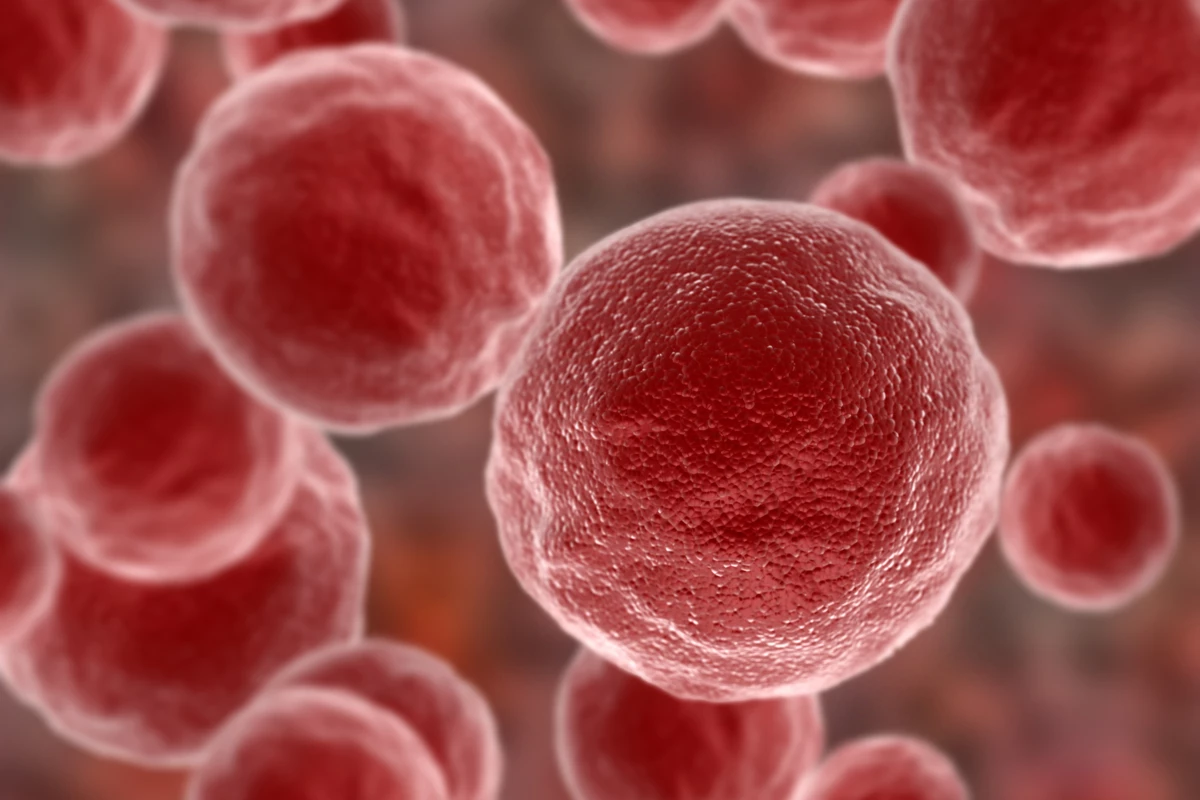One of the best weapons against cancer might have been inside us all along – our own immune systems. Immunotherapy involves supercharging the immune system to better root out cancer from its hiding places, and now researchers at EPFL have discovered a sneaky new tactic the disease uses, and suggested a way to overcome it.
The researchers on the new study investigated Non-Hodgkin lymphoma (NHL), a dangerous type of cancer that starts in the lymph nodes and causes the immune system’s B cells to grow out of control.
The team found that a protein called cathepsin S was mutated and over-activated in a high number of patients with NHL. This protein cuts other proteins into fragments which then act as a mediator between cancer cells and immune cells.
“When cathepsin S is active, cancer cells interact with immune cells called CD4+ T-cells, which help the tumor to grow, while they maintain social distance with CD8+ T-cells, which would attack and kill the tumor,” says Elie Dheilly, co-lead author of the study.
So the researchers tested what would happen without cathepsin S. In the lab they engineered cells that lacked the gene that coded for the protein, and found that it completely turned the tables on the tumor. Instead of attracting CD4+ cells and repelling CD8+ cells, the cancer did the opposite, summoning CD8+ which went on to attack the disease.
The team says this occurs because of a process called antigen diversification. Essentially, different protein fragments are created that help immune cells track down and wipe out cancer cells.
With this new understanding, the researchers say that drugs could be developed to inhibit cathepsin S as a potential treatment for NHL and other types of cancer.
“We think that cathepsin S could represent an important therapeutic target,” says Elisa Oricchio, lead researcher on the study. “Inducing antigen diversification is an attractive therapeutic strategy to increase tumor immunogenicity and enhance response to immunotherapies in lymphoma but possibly also in other tumor types.”
The research was published in the journal Cancer Cell.
Source: EPFL




